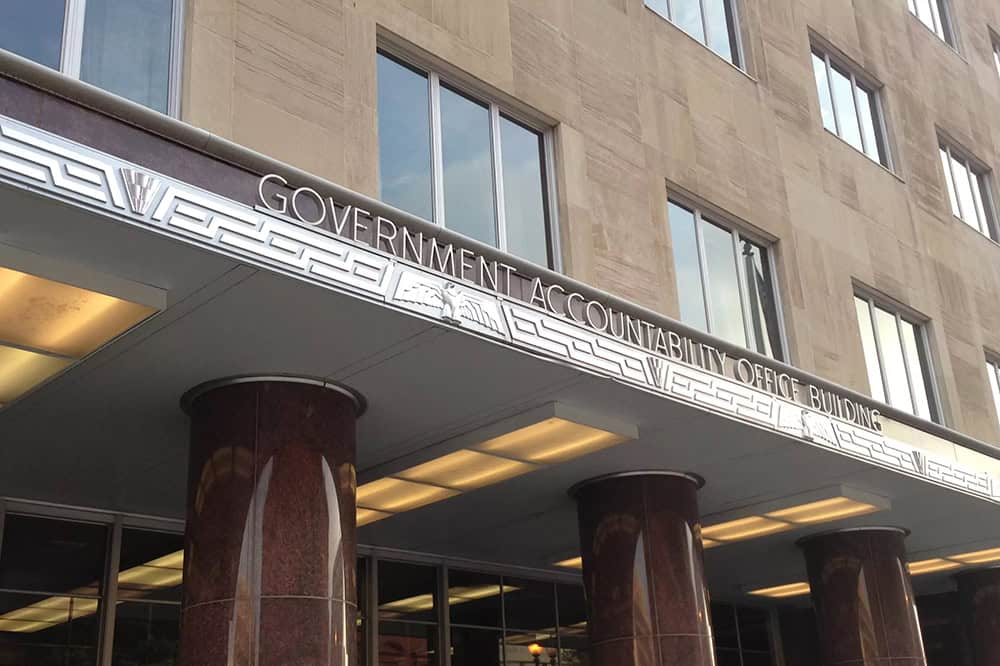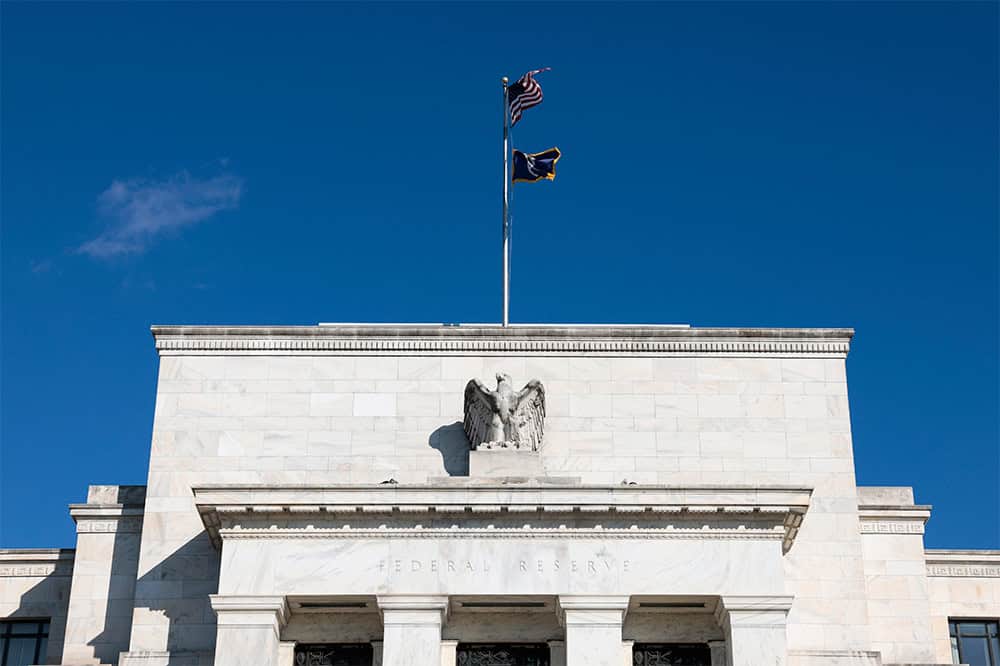Peterson Foundation Statement on $29 Trillion in National Debt

NEW YORK — Michael A. Peterson, CEO of the Peter G. Peterson Foundation, commented today as the United States surpasses $29 trillion in outstanding debt. Peterson said:
“The unfortunate milestone of $29 trillion in debt is a stark reminder that our nation’s fiscal foundation is insecure and unsustainable. In addition to our current debt, we continue on a dangerous and irresponsible path of borrowing, with another $13 trillion projected to be added over the next 10 years. This is a structural problem that existed long before the pandemic, and we need to deal with it for our nation’s future.
“The ever upward trajectory of our debt has real consequences for our nation. Our ability to prepare for future crises is threatened, while critical social programs like Medicare and Social Security are on unstable footing. And mounting debt means that interest costs will become our fastest growing ‘program,’ and are on track to consume half of all federal revenues by 2050 – a staggering and unjust result for the next generation.
“The President and Congress have a responsibility to address this fundamental challenge of the United States. As they consider new policies, including the Build Back Better Act, they must make good on their commitment to fully offset new spending, without gimmicks or artificial expiration dates. More than that, they must take meaningful steps to address the underlying structural deficit, to ensure that current programs, relied on by millions of vulnerable Americans, remain strong and sustainable for the future.
“To have the resources and growing economy we need to truly solve our nation’s problems over the long run, we must create a sustainable fiscal foundation. Ensuring an inclusive and moral economic system means not only addressing today’s needs, but also securing our fiscal position so the next generation can confront the challenges of tomorrow and have their own chance to build broad-based prosperity and opportunity.”
# # #
Further Reading
How Much Can the Administration Really Save by Cutting Down on Improper Payments?
Cutting down on improper payments could increase program efficiency, bolster Americans’ confidence in their government, and safeguard taxpayer dollars.
What Is R Versus G and Why Does It Matter for the National Debt?
The combination of higher debt levels and elevated interest rates have increased the cost of federal borrowing, prompting economists to consider the sustainability of our fiscal trajectory.
High Interest Rates Left Their Mark on the Budget
When rates increase, borrowing costs rise; unfortunately, for the fiscal bottom line, that dynamic has been playing out over the past few years.


